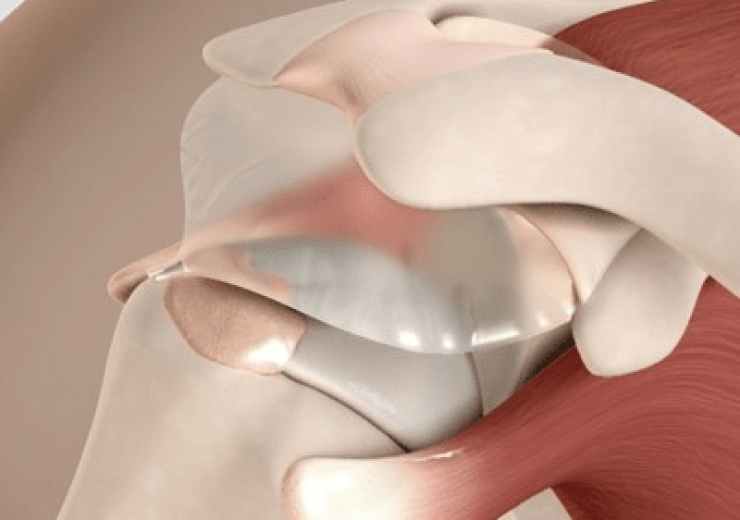The InSpace balloon implant is indicated for arthroscopic treatment of massive irreparable rotator cuff tears

The FDA has approved Stryker’s InSpace balloon implant for arthroscopic treatment. (Credit: PRNewswire / Stryker)
Medical technology firm Stryker has secured approval from the US Food and Drug Administration (FDA) for its InSpace balloon implant.
The InSpace balloon implant is indicated for arthroscopic treatment of massive irreparable rotator cuff tears (MIRCTs).
Stryker stated that the InSpace serves as a new option for surgeons in their shoulder continuum of care to better meet the requirements of patients.
The company had acquired InSpace balloon technology from OrthoSpace in 2019.
The InSpace subacromial tissue spacer system is suitable for the treatment of patients with massive and irreparable full-thickness torn rotator cuff tendons that cause from trauma or degradation with mild to moderate gleno-humeral osteoarthritis in patients greater than or equal to 65 years of age.
With a clinical history of more than 10 years, the InSpace balloon implants were implanted in 29,000 patients outside the US and evaluated in the Level I study carried out across North America.
The InSpace balloon implant will help restore the subacromial space without using sutures or fixation devices. It was showed to enhance shoulder motion and function.
Stryker sports medicine vice president and general manager Matt Moreau said: “We are extremely excited about the clearance of InSpace because it provides a new surgical option for surgeons to address their unmet MIRCT needs in the shoulder continuum of care.
“We are committed to the advancement of shoulder arthroscopy, and InSpace offers a unique opportunity for us to better partner with our customers on their clinical objectives to improve patient outcomes around a very challenging pathology in the shoulder.”
Stryker offers products and services in orthopaedics, medical and surgical, and neurotechnology and spine to improve patient outcomes.
In January this year, the company acquired US-based privately held company OrthoSensor, which offers Verasense intraoperative sensor.
